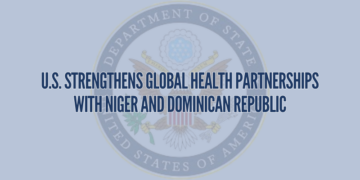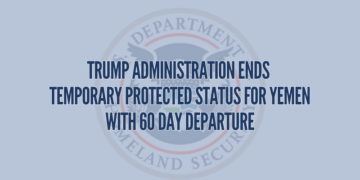On Friday, May 23rd, President Donald Trump announced a new set of proposed tariffs that would significantly impact both the European Union and major tech companies, including Apple. The plan includes a 25% tariff on all iPhones not manufactured in the United States and a 50% tariff on a broad range of goods imported from the EU, set to take effect on June 1st.
The announcement, made via social media, cited stalled trade negotiations with the European Union and ongoing concerns over technology companies outsourcing production overseas. Trump stated that Apple, along with other smartphone manufacturers like Samsung, would be subject to the import tax unless they begin domestic production of their devices.
Analysts estimate that if implemented, the 25% tariff could increase the price of an iPhone 16 by up to $275. Following the announcement, Apple’s stock fell by 3%. Although Apple has pledged to invest $500 billion in U.S. infrastructure over the next four years, it has not committed to producing iPhones domestically. Experts note that the lack of smartphone manufacturing infrastructure in the U.S. poses a challenge for rapid transition.
The proposed 50% tariff on EU imports would apply to a wide range of products, including automobiles, chemicals, and pharmaceuticals. President Trump criticized the EU for what he described as “unfair trade practices” and noted a lack of progress in recent negotiations.
In response, the European Commission reiterated its dedication to mutual trade cooperation. Dutch Prime Minister Dick Schoof referred to the announcement as a possible negotiation strategy rather than an immediate policy shift.
According to U.S. Customs and Border Protection, the new tariffs would apply to all affected goods unless they are produced domestically, even under the Generalized System of Preferences. The EU currently exports approximately €500 billion worth of goods to the U.S. annually, making the economic stakes of this development considerable.
Trade analysts warn that the move could escalate tensions and potentially lead to retaliatory measures from European partners. Both investors and policymakers are closely monitoring the situation as it develops.










